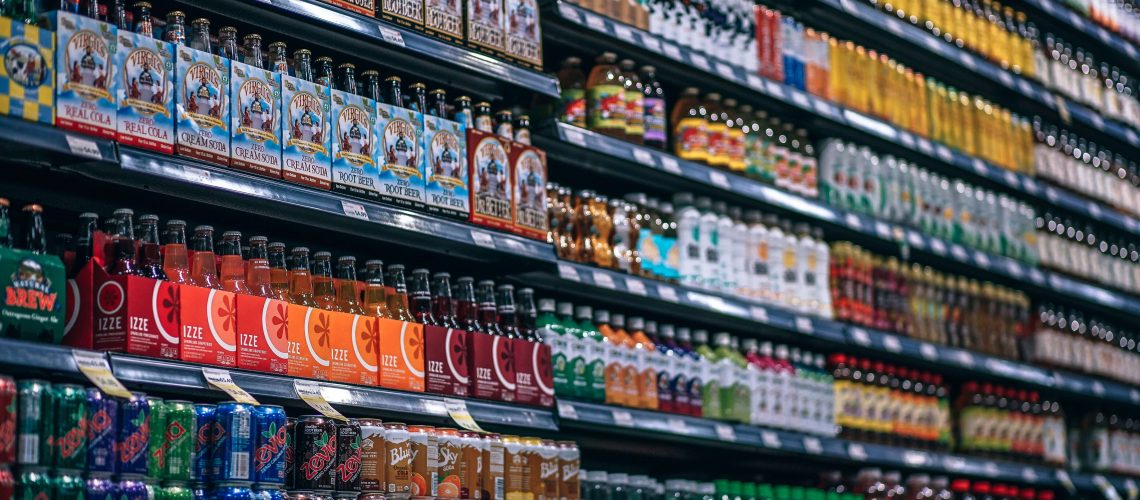In the past few months, Australia has had a handful of food recall announcements made. The Food Safety Australia and New Zealand (FSANZ) most recent recall was made last week (find out more here). Why have so many products been recalled? Read on for the top reasons why it happens!
The Recall Reasons
- Bacterial Contamination. This is the most common reason why food can be recalled. When there are over 200 known species of bacteria related to foodborne illnesses, chances are high. Producers must be certain that there are no pathogens that can be introduced during the production process. This mean from supplier to production and through transport.
- Allergen Contamination. This is also known as cross-contamination and can occur when undeclared allergens are in the final product. The biggest offenders included milk, eggs, peanuts and wheat. To prevent this, effective hazard controls, meticulous monitoring, efficient and ongoing testing should be in place. In case of cross-contamination, a system of corrective actions and verification activities.
- Contamination from Other Residues. Since many of our produce have chemicals to prevent them from pesticides and sickness, residues can linger through the manufacturing process. If proper testing and remediation actions are not implemented on a regular basis, contamination from these residues can lead to a recall.
If you run a food business, do you need to reassess the process in place for production to prevent contamination? What are ways you can make sure your company does not suffer the ramifications of a food recall?
If you would like more information on this topic or get the source URL for this article, then email us at [email protected]
